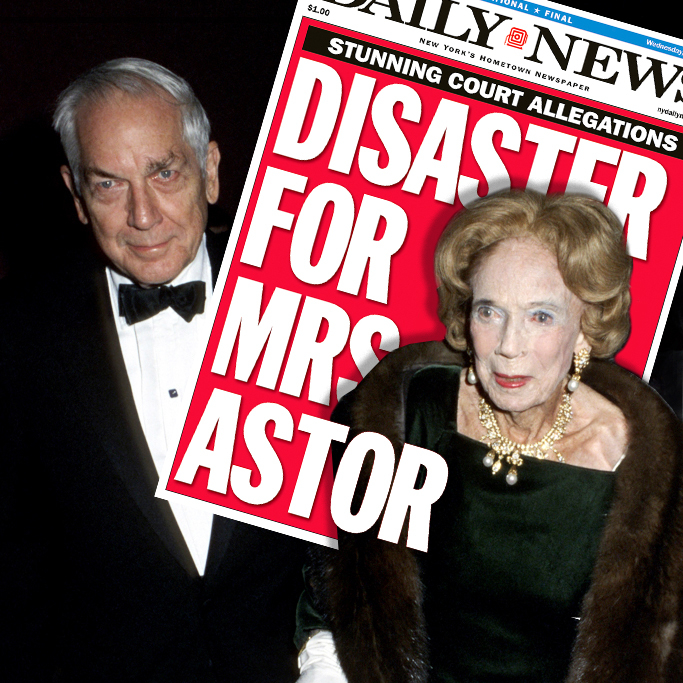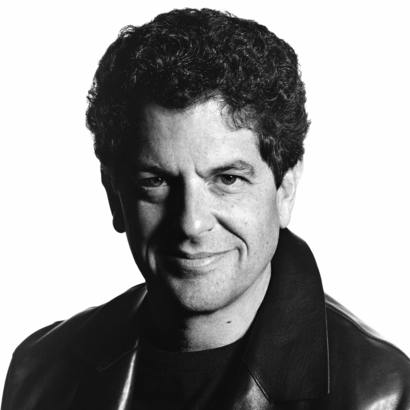Anthony D. Marshall, the only child of the late Brooke Astor, lived nine decades; served in the Marines, American intelligence, and as an ambassador; and worked as a Broadway producer. Then, in his dotage, he was accused of theft and elder abuse of his mother by one of his twin sons. He was arrested, tried, and imprisoned, inspiring classic tabloid headlines (the Daily News: “Disaster for Mrs. Astor”; the New York Post: “Bad Heir Day”).
But he also left behind a secret when he died, in 2014, a thoroughly broken man after his compassionate release from the Fishkill Correctional Facility. Neither Marshall nor his even more publicly reviled third wife, Charlene, had testified at his trial, leaving their side of the tawdry tale untold. But he did not, it turns out, go quietly.


